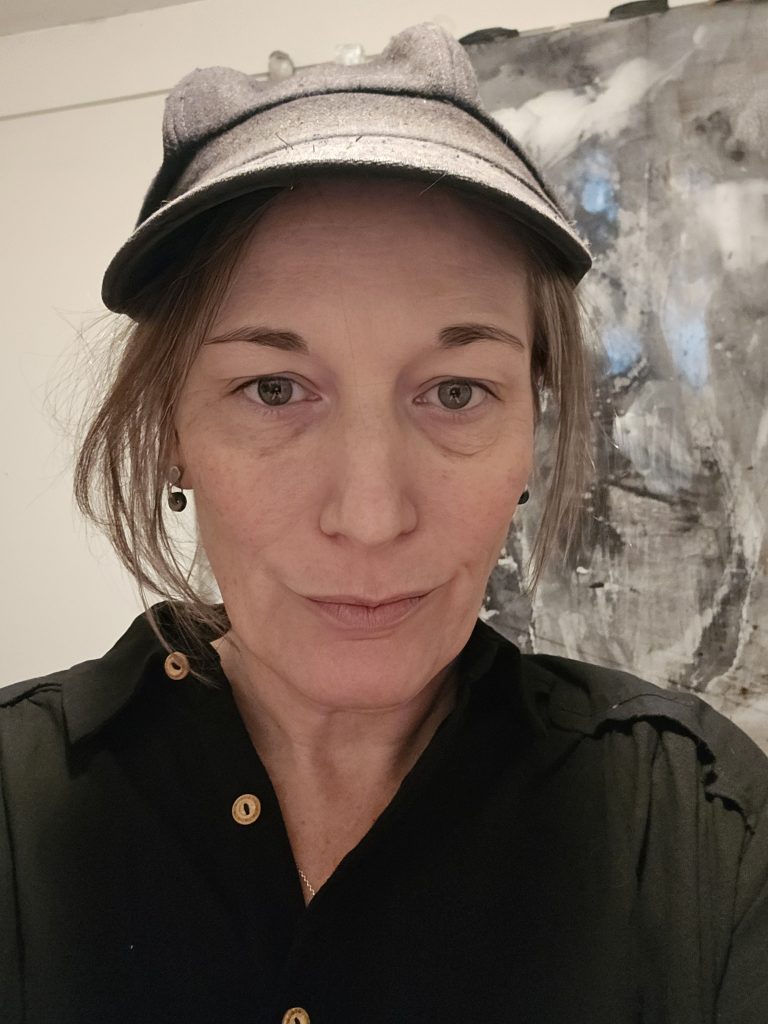On Thursday, March 6, at 6:00 pm, in Drake’s Sussman Theater (lower level of Olmsted Center), Dr. Amy Donahue, Associate Professor of Philosophy at Kennesaw State University, will deliver a lecture on “The Bhagavad Gītā’s Yoga Model of Disability.”
Please see below for a audio + PPT recording of the lecture.
Contemporary medical models of disability assume notions of “normal” human embodiment and functioning that South Asia’s Hindu philosophical and religious traditions largely do not share and in many cases implicitly challenge. Rather than assuming normalcy and ability as default human conditions, Hindu traditions generally assume that human experience begins with ignorance and dysfunction. All persons, in other words, are in some state of “disability,” and overcoming our traumas takes work that no one initially wants to start. According to the Gītā, this work involves yoking reflexive tendencies, including deep-rooted habits of (mis)identification that distort a person’s authentic nature (svabhāva). Realization of our true selves requires, first, replacing attachments that lead to torpor, confusion, and conflict with habits leading to clarity and joy, and second, uprooting even these habits for the sake of a perfect harmony of all beings. This yoga model of disability found in the Gītā therefore contests contemporary medical accounts while offering critical guidance for contemporary cultural disability theorists.






